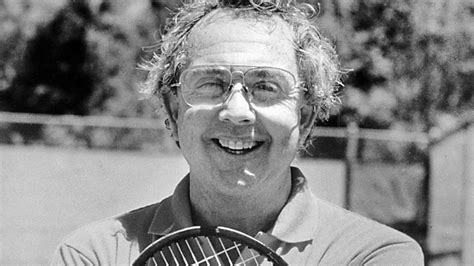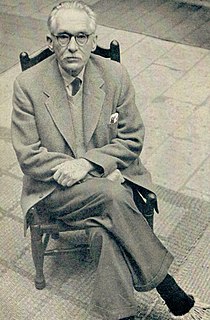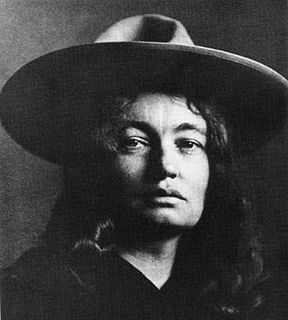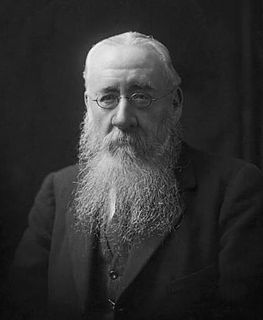A Quote by Flannery O'Connor
... the novelist is bound by the reasonable possibilities, not the probabilities, of his culture.
Quote Topics
Related Quotes
The office of science is not to record possibilities; but to ascertain what nature does ... As far as Darwinism deals with mere arguments of possibilities or even probabilities, without a basis of fact, it departs from the true scientific method and injures science, as most of the devotees of the new ism have already done.
One influential philosophical position about the use of probability in science holds that probabilities are objective only if they are based on micro-physics; all other probabilities should be interpreted subjectively, as merely revealing our ignorance about physical details. I have argued against this position, contending that the objectivity of micro-physical probabilities entails the objectivity of macro-probabilities.
Nothing can now be believed which is seen in a newspaper. Truth itself becomes suspicious by being put into that polluted vehicle... Perhaps an editor might begin a reformation in some such way as this. Divide his paper into four chapters, heading the 1st, Truths. 2d, Probabilities. 3d, Possibilities. 4th, Lies. The first chapter would be very short.
The utmost the American novelist can hope for, if he hopes at all to see his work included in the literature of his time, is that it may eventually be found to be along in the direction of the growing tip of collective consciousness. Preeminently the novelist's gift is that of access to the collective mind.
The possibilities and probabilities are all we have to work with in medicine, though. What we are drawn to in this imperfect science, what we in fact covet in our way, is the alterable moment-the fragile but crystalline opportunity for one's know-how, ability, or just gut instinct to change the course of another's life for the better.
If it were possible adequately to present the whole of a culture, stressing every aspect exactly as appears in the culture itself, no single detail would appear bizarre or strange or arbitrary to the reader, but rather the details would all appear natural and reasonable as they do to the natives who have lived all their lives within the culture.






































